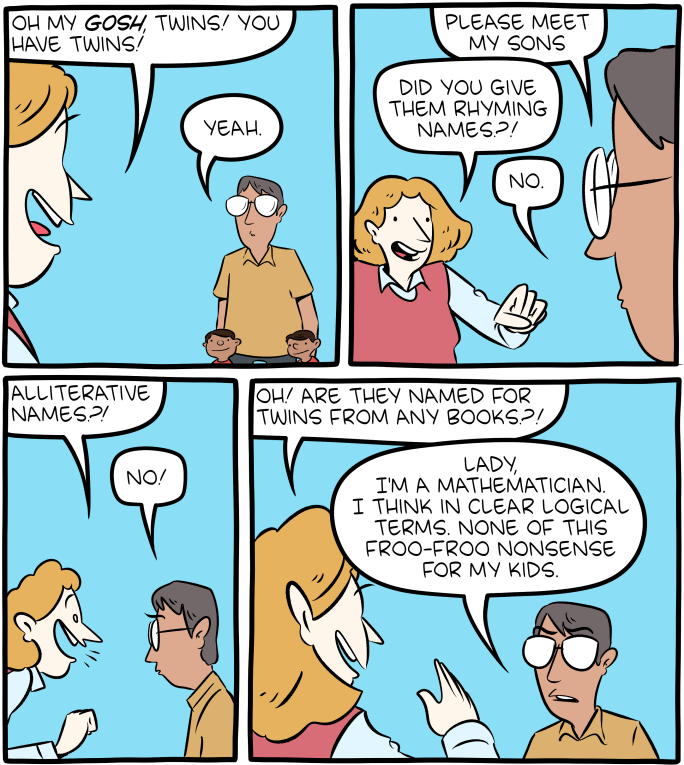An introduction and guide to my series of posts "Corpora and the Second Amendment" is available here. The corpus data that is discussed can be downloaded here. That link will take you to a shared folder in Dropbox. Important: Use the "Download" button at the top right of the screen.
New URL for COFEA and COEME: https://lawcorpus.byu.edu.
Starting with this post, I’m (finally) getting to the meat of what I’ve called “the coming corpus-based reexamination of the Second Amendment.” The plan, as I’ve said before, is to more or less mirror the structure of the Supreme Court’s analysis of keep and bear arms. This post will focus on bear, and subsequent posts will focus separately on arms, bear arms, and keep and bear arms; I won’t be separately discussing keep arms because I have nothing to say about it. [Update: If you're confused about why I'm following this approach, as one of the commenters was, I've offered an explanation at the end of the post.]
In discussing the meaning of the verb bear, Justice Scalia’s majority opinion in District of Columbia v. Heller said, “At the time of the founding, as now, to ‘bear’ meant to ‘carry.’’’ That statement was backed up by citations to distinguished lexicographic authority—Samuel Johnson, Noah Webster, Thomas Sheridan, and the OED—but evidence that was not readily available when Heller was decided shows that Scalia’s statement was very much an oversimplification. Although bear was sometimes used in the way that Scalia described, it was not synonymous with carry and its overall pattern of use was quite different.
Read the rest of this entry »





